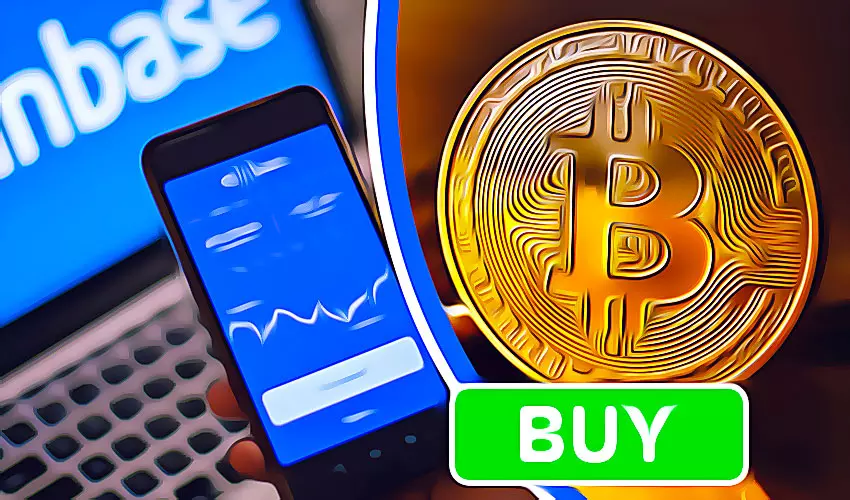Bitcoin is a decentralized digital currency, without a central bank or single administrator, that can be sent from user to user on the peer-to-peer bitcoin network without the need for intermediaries. Transactions are verified by network nodes through cryptography and recorded in a public distributed ledger called a blockchain. Bitcoin is unique in that there are a finite number of them: 21 million.
Bitcoins are created as a reward for a process known as mining. They can be exchanged for other currencies, products, and services. As of February 2015, over 100,000 merchants and vendors accepted bitcoin as payment. Bitcoin can be purchased through a digital exchange or peer-to-peer. A digital exchange may be a platform that allows you to buy and sell bitcoins. There are many different exchanges available, each with their own benefits and drawbacks. The most popular exchanges are Coinbase, Kraken, and Bitstamp.
what can you buy with bitcoin?
You can use Bitcoin to buy almost anything today. physical goods, digital products, and services. With Bitcoin it’s possible to pay for SEO, branding or rebranding agency services or you can buy office supplies or clothes. However, some merchants may not yet accept Bitcoin as a form of payment. Here are some examples of things you can buy with Bitcoin:
-A cup of coffee
-A flight ticket
-An online course
-Graphic design services
-Web hosting services
-VPN service
With Bitcoin, you have full control of your money and there are no middleman or banks to take a cut of your hard-earned money. When you buy something with Bitcoin, the transaction is between you and the merchant. No one else can see or touch your money. This makes Bitcoin a very private way to pay for things.
What is Bitcoin and how does it work?
Bitcoin is a digital asset and a payment system invented by Satoshi Nakamoto. Transactions are verified by network nodes through cryptography and recorded in a public dispersed ledger called a blockchain. Bitcoin is unique in that there are a finite number of them: 21 million. Bitcoins are created as a reward for a process known as mining. They can be exchanged for other currencies, products, and services. As of February 2015, over 100,000 merchants and vendors accepted bitcoin as payment.
How to buy Bitcoin ?
You can buy Bitcoin through a digital exchange or peer-to-peer. A digital exchange may be a platform that allows you to buy and sell bitcoins. There are many different exchanges available, each with their own benefits and drawbacks. The most popular exchanges are Coinbase, Kraken, and Bitstamp. You can also buy Bitcoin through a peer-to-peer marketplaces such as LocalBitcoins and Paxful. Peer-to-peer marketplaces are a good way to buy Bitcoin if you have privacy and security concerns.
What is a Bitcoin wallet?
A Bitcoin wallet is a digital storage for your Bitcoin balance. It can also be used to send and receive Bitcoin payments. There are many different types of Bitcoin wallets, each with their own benefits and drawbacks. The most popular wallets are Coinbase, Kraken, and Bitstamp.
A Bitcoin mining pool is a group of Bitcoin miners that work together to mine blocks. By working together in a pool, miners can share rewards and earn more Bitcoin. There are many different mining pools available, each with their own benefits and drawbacks. The most popular pools are Coinbase, Kraken, and Bitstamp.
The benefits of using Bitcoin for purchases
Bitcoin is a very private way to pay for things. With Bitcoin, you have full control of your money and there are no middleman or banks to take a cut of your hard-earned money. When you buy something with Bitcoin, the transaction is between you and the merchant. No one else can see or touch your money.
Another benefit of using Bitcoin is that it’s fast. Transactions are confirmed within minutes, and you can use Bitcoin to pay for things online or in person. Bitcoin is also a very secure way to pay for things. Transactions are verified by network nodes through cryptography and recorded in a public dispersed ledger called a blockchain.


More Stories
JForex Platform: Complete Setup and Trading Guide
Cryptocurrency in Modern Betting
How to Successfully Launch Your Token in a Crowded Market